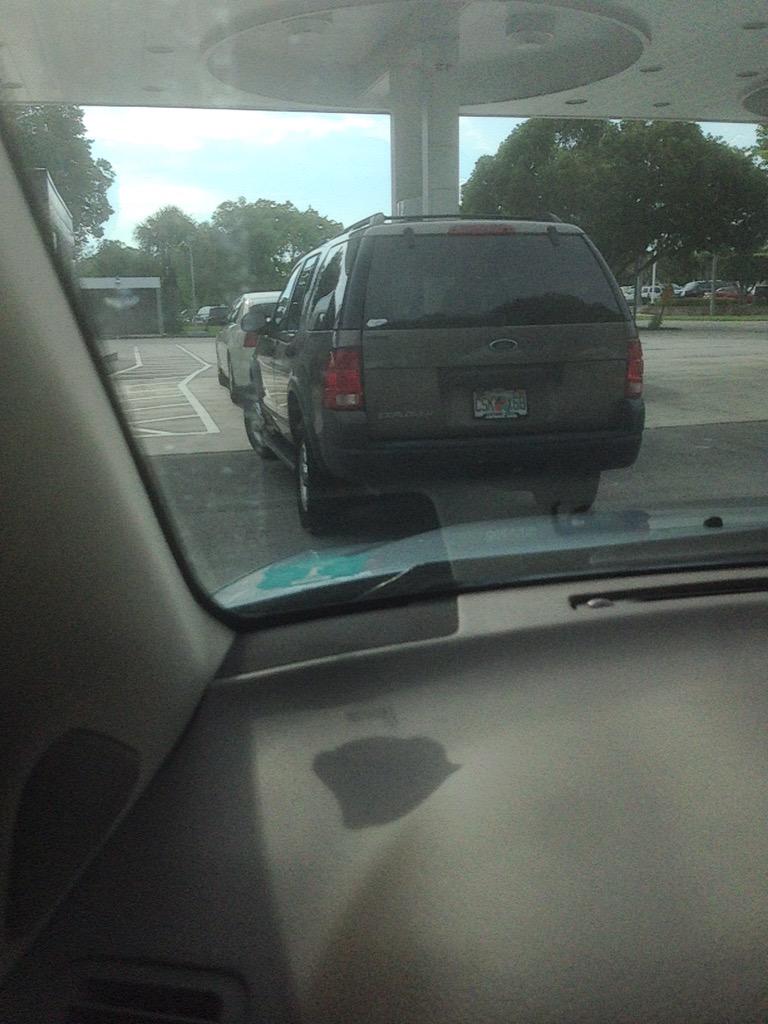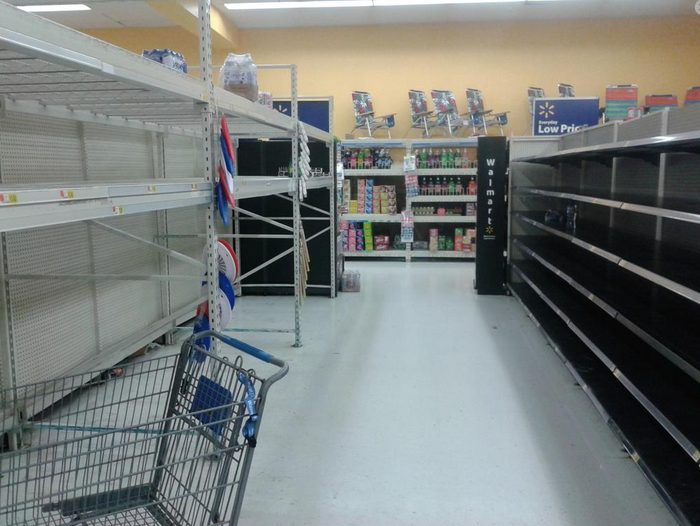Published: August 28,2015
Friday evening, Erika remained a disorganized tropical storm bound for the mountainous terrain of the Dominican Republic and Haiti.
“Those mountains would be expected to disrupt Erika’s circulation, meaning that the system that emerges on the other side is at best disorganized and perhaps completely disrupted,” explained Bryan Norcross, hurricane specialist at The Weather Channel.
But Norcross, along with other forecasters, warned it's still too soon for anyone in Florida to let his guard down.
Florida
Gov. Rick Scott told Floridians to remain prepared during a Friday
evening news conference. Earlier in the day, Scott declared a state of
emergency for every county across the state. The declaration activated
the National Guard and waived tolls and other rules for emergency crews
so they can move around the state more easily.
"We
are preparing the protective and responsive measures we will need if the
storm continues to develop out of an abundance of caution," said FDEM
Director Bryan W. Koon.
(MORE: What America Was Like the Last Time a Hurricane Hit Florida)
Hospitals
in Florida are preparing for the worst, including Florida Hospital,
which is "stockpiling water, clearing drains and filling sandbags", as
well as bringing in backup generators, the Orlando Sentinel reported.
Schools are also preparing, with many implementing alert systems and
asking students to keep an eye on school websites to stay up-to-date
with schedule changes.
Thirty members of the National
Guard have been prepositioned for emergency measures, Scott noted, and
another 8,000 are ready to be mobilized if necessary, Bay News 9
reported.
My friends at @SpotlightFamMag say lines to get gas at this Mobil on Federal Hwy in #Delray are 20+ minutes long.
Nearly 10 years have passed since
the last time a hurricane made landfall in the Sunshine State, and in
that time span, Florida has added more than 2 million new residents.
Many of those new residents are not taking chances; instead, they're
preparing for the possibility of a damaging tropical system several days
ahead of time.
"There are a lot of people here in
Florida who have never experienced a hurricane," Coast Guard spokesman
Lt. Cmdr. Gabe Somma told USA Today. "Even if this storm doesn't make
landfall, we know it's going to kick up some serious surf and we don't
want anyone getting sucked out by those rip currents. That's a very real
threat even if the storm doesn't come ashore."
Plenty of long-time Florida residents also worked quickly to dust off their emergency kits and gather any supplies they needed.
(MORE: 10 Things You're Not Doing To Prepare for a Tropical System)
“The people who've been here a long time know the routine and know what to do,” JoBeth Carr, a 61-year-old lifelong resident of Miami, told USA Today. “I’ve already started my generator, I got new flashlights, we filled our cars with gas.”
At least six flights scheduled to depart from or arrive into Miami
International Airport were canceled Friday due to Erika, according to
Mark Henderson, media and public relations officer for the Miami-Dade Aviation Department.
Boat owners and area marinas in South Florida have begun to make their own preparations. Sailfish Marina dock master Austin
Peters told WPTV that a handful of captains have already moved their
boats to safer areas. According to him, if there is a hurricane
warning, all boats are required to leave the marina, which can be
difficult because many of the boat owners live out of state.
"Usually
some people will go south or north to avoid the storm, or they will go
to a dry dock where they will be lifted out of the water," said Peters.
Boaters
will be encouraged to add lines to their boats to make sure they’re
secured. The marina also plans to shut down gas and water lines if the
storm begins to pose a larger threat.
FEMA recommends that, in addition to having a hurricane kit, residents should stock up a three-day supply of food and water.
#FL hasn't had landfalling hurricane in 10yrs. In #CoralSprings water can't stay on the shelf. #Erika @AMHQ
A properly stocked hurricane kit should consist of:
- Non-perishable food, such as energy bars
- Batteries
- Radio, battery operated or hand cranked
- Cellphone charger
- LED flashlight for each member of the family
- Lighter
- First aid kit
- 1 gallon of water for every member of the family
weather.com associate editor Ada Carr contributed to this report




No comments:
Post a Comment